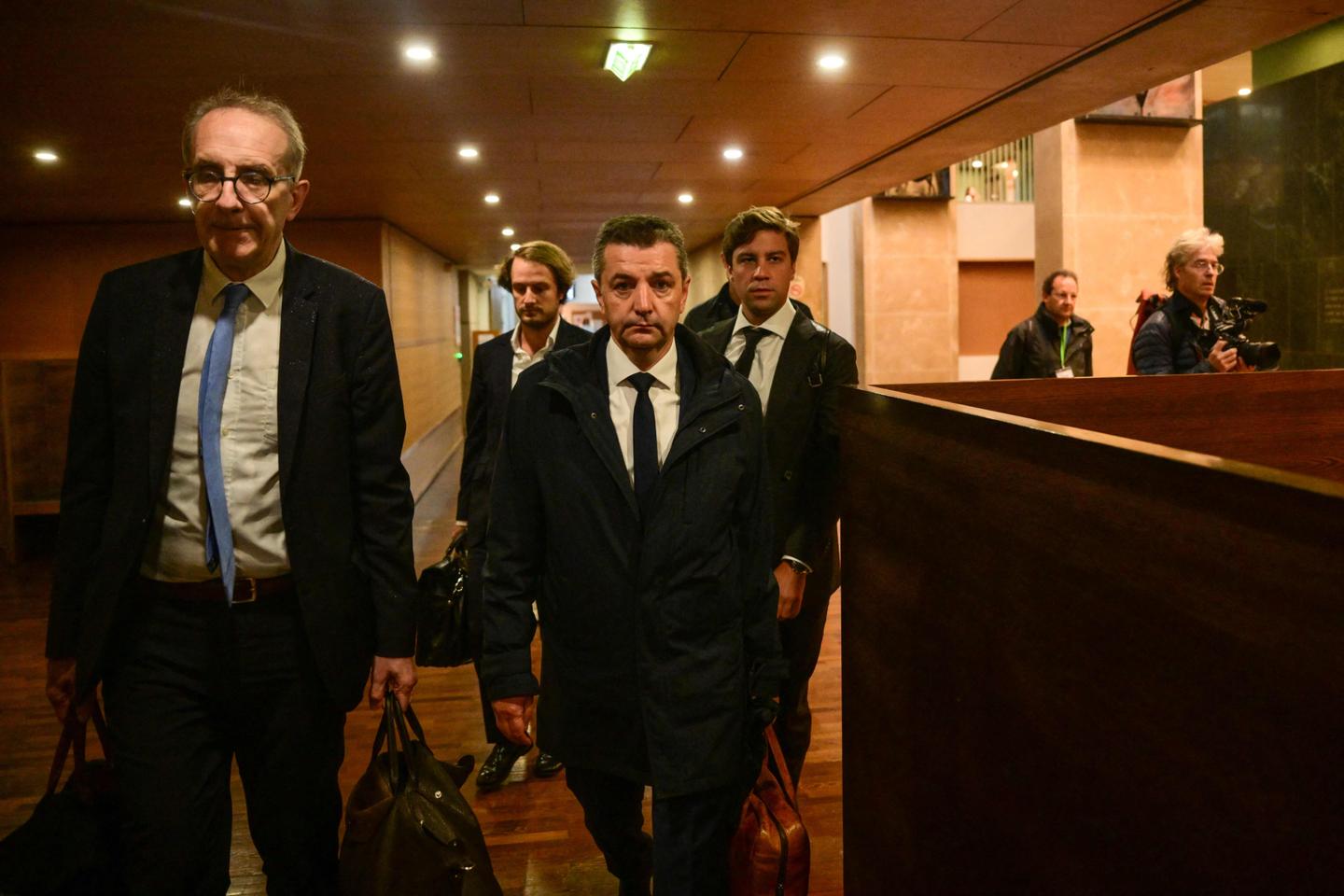Special Investigating Unit( SIU) head Advocate Andy Mothibi has revealed that more than R2 billion of taxpayers' money vanished through irregular tenders at Tembisa Hospital.
The Tembisa Hospital scandal has ignited a firestorm of criticism against the Government of National Unity (GNU) and prompted urgent calls for accountability. As revelations of corruption and mismanagement surface, politicians and analysts alike are demanding that those responsible face criminal penalties, a sentiment growing increasingly loud amid characterisations of South Africa descending into a "mafia state."
This follows a damning Special Investigating Unit (SIU) report exposing the looting of over R2 billion at Tembisa Hospital, with companies allegedly linked to Vusi “Cat” Matlala and Morgan Maumela at the centre of the scandal. The scandal echoes the warnings of whistle-blower Babita Deokaran, who flagged R850 million in suspicious payments before she was gunned down in 2021.
While many of the officials implicated in the scandal have quietly resigned, only 11 have so far faced disciplinary action. Political analyst Sandile Swana said corruption has long been entrenched in the African National Congress (ANC), with senior cadres benefiting from the abuse of state tenders, which has made accountability nearly impossible.
Swana referred to a quote by the-then secretary-general of the African National Congress, Kgalema Motlanthe, who stated: “This rot is across the board. It’s not confined to any level or any area of the country. Almost every project is conceived because it offers opportunities for certain people to make money. A great deal of the ANC’s problems are occasioned by this.” “As Bathabile Dlamini once admitted, every ANC member has small skeletons. But this corruption continues despite being expressly prohibited by the Public Finance Management Act, the Municipal Finance Management Act and other anti-corruption laws,” he explained.
Swana added that those implicated must face both criminal and civil penalties, with the SIU seizing assets gained through corruption. “If you build mansions or buy luxury cars with stolen money, the state must take them away,” he stressed. Swana stressed that South Africa doesn’t suffer from weak laws but from a failure of leadership.
He said the country has enough legal frameworks to fight graft, yet corruption has accelerated over the past 15 years because the ANC has failed to appoint morally upright leaders willing to enforce them. “The law is adequate, but what South Africa lacks are leaders with the moral backbone to confront the mafia state head-on.” Swana said honest officials such as Vusi Pikoli and Bulelani Ngcuka were sidelined, while others who tried to uphold the law were even killed. Swana argued that the so-called “mafia state” can no longer be ignored and that it is now up to the GNU and civil society to confront and dismantle it.
“For too long, honest civil servants have been rendered irrelevant, some even murdered. The time has come for the GNU and civil society to act decisively and liquidate this mafia state,” he stressed. Political analyst Kenneth Moeng Mokgatlhe said the allegations do not come as a shock. “Corruption, mismanagement and maladministration are the order of the day in all public entities, including Tembisa hospital.
“As Cyril Ramaphosa said, the ANC is accused number 1; the ANC is indeed at the centre of the looting spree taking place in our public offices. For years, they've been abusing their political power to protect every thug and reward them for stealing public funds.” Mokgatlhe said it became worse when the organisation that was regarded as the people's saviour became the people's enemy.
“Since 1994, they've been looting at every chance they got. They are now (allegedly) implicated in the killing of whistleblowers such as Babita Deokaran, and they can even shut down investigations to protect other thugs. “There is no need for further investigations because all those implicated are well documented, and the NPA has a duty to act against them. It's the mafia, public servants and politicians who gang up on the South Africans who are languishing in poverty.
“Ramaphosa should no longer institute any other commission of inquiries; he needs to be decisive and act against thieves, but the problem is that he is not a saint either,” Mokgatlhe added. The implications of the SIU report have prompted swift reactions from opposition parties and civil society groups.
Corruption Watch (CW) joined the urgent call for action against Tembisa Hospital corruption syndicates for decisive action against the syndicates and officials named in the theft of the hospital’s funds. “The urgency to seek prosecutions of those implicated in the report and to hold them accountable for their actions cannot be downplayed. The South African public grows increasingly impatient and tired of the daily exposure of systemic corruption and the impunity of corrupt individuals, with seemingly little action taken against them, while the government makes promises that mean nothing. It is time for decisive action!”
While the Democratic Alliance (DA) emphasised swift follow-up, ActionSA called for even stronger measures to hold culprits accountable. “Despite strong SIU findings, accountability remains stalled. The government continues to drag its feet while implicated suppliers remain free to win state contracts. It is for this reason that ActionSA has lodged a complaint with the Public Protector to enforce implementation of SIU recommendations and compel decisive consequence management.”
“The important thing is that the big fish should not be allowed to get away, as these are mostly lower-level officials. We await further criminal referrals to the NPA, which should not delay in pursuing charges against the syndicate bosses and their accomplices,” said the DA. Similarly, the Freedom Front Plus condemned the corruption at Tembisa Hospital, saying it denies citizens essential healthcare and insisting that those found guilty must be arrested and jailed.
[SRC] https://thestar.co.za/the-star/6260566928654336/
 Visit the website
Visit the website






